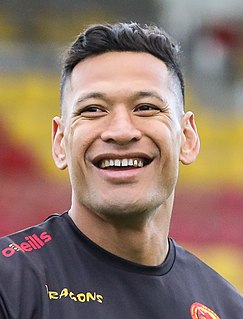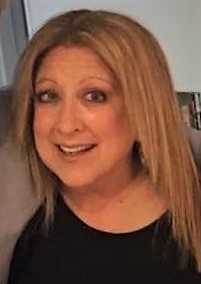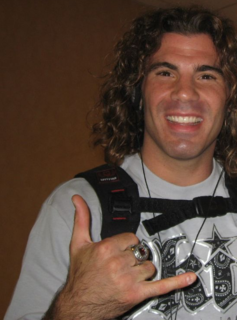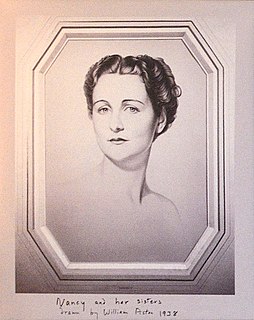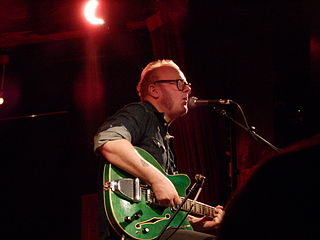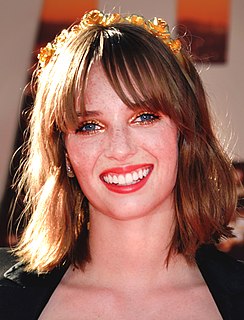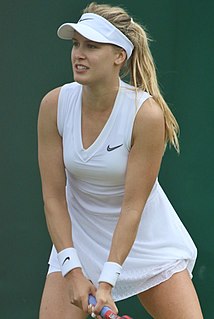A Quote by Sara Paretsky
My parents were liberal intellectuals but even they expected me to stay at home and look after my younger siblings and do the housework.
Quote Topics
Related Quotes
If you look back to the anti-intervention movements, what were they? Let's take the Vietnam War - the biggest crime since the Second World War. You couldn't be opposed to the war for years. The mainstream liberal intellectuals were enthusiastically in support of the war. In Boston, a liberal city where I was, we literally couldn't have a public demonstration without it being violently broken up, with the liberal press applauding, until late 1966.
My parents are hard workers and they showed me what it means to work hard. I would give a lot of the credit to my parents for where I'm at and who I am. They both worked multiple jobs to make sure me and my siblings were able to play sports and have a home. I'll never forget how hard they worked and that always motivates me.
Western intellectuals, and also Third World intellectuals, were attracted to the Bolshevik counter-revolution because Leninism is, after all, a doctrine which says that the radical intelligentsia have a right to take state power and to run their countries by force, and that is an idea which is rather appealing to intellectuals.
Young people have traditionally skewed left through generation after generation after generation. Exceptions to that, of course. I am one. I never have been a liberal. I rebelled against my parents, but not that way. Never been a liberal. Constitutionally incapable of being a liberal. Who knows why.
There is a principle of human affairs that goes back millennia, which is that you don't look in the mirror. You can trace this principle back to the Bible. The designated intellectuals of that time are called prophets, which is a mistranslation of a Hebrew word, but they were basically intellectuals, giving geopolitical analysis, criticizing the moral practice of leadership, etc. Now, these people were not treated very nicely. There were other intellectuals who were treated nicely, namely those who centuries later came to be called false prophets. These were the flatterers of the court.

